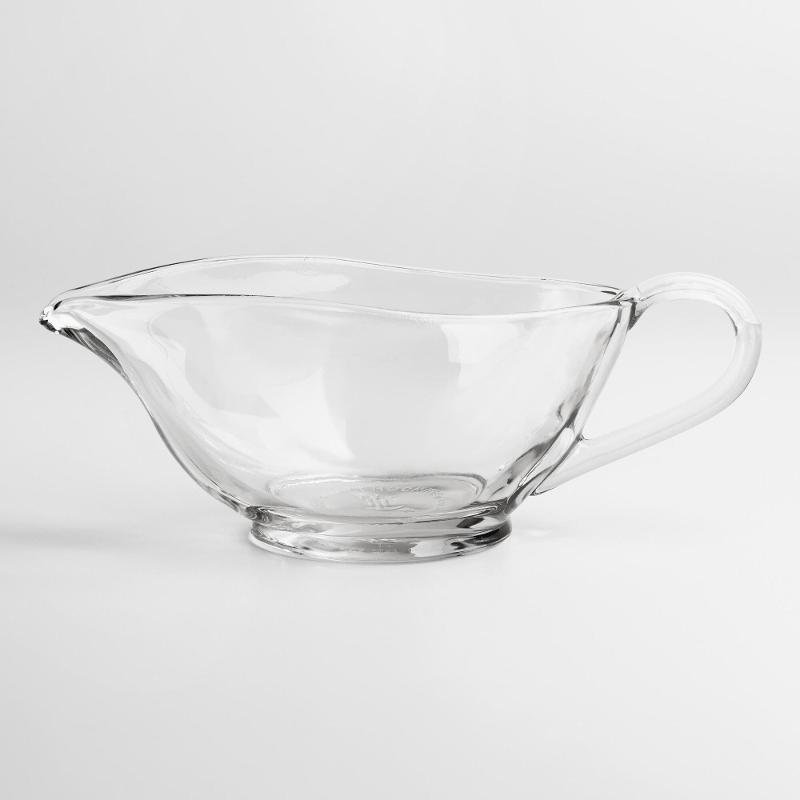I haven’t exceeded 20, often its around 15. However in the UK there is a discrepancy; apparently our food listings have net carbs showing as the carb listing, even though fibre is also listed. This means that what I’m eating is net. this gets weird when you consider Chia, which is supposed to be keto friendly. I have a pack that says 44g carbs (per 100g weight) on top of the greater fibre number (which is why it’s LC friendly, as you may know). Now if the UK food rule is true, that makes Chia a lot less low carb.
So i go by what’s on the package and, unless i’ve screwed up, I’m good. Pretty much all my carbs are from veg. The only exceptions are sausages, but I buy only ones which are low in carb and high in meat value (less rubbish added), and cream, and nuts.
You might be right about the fat. I do struggle to add more.





 )
)